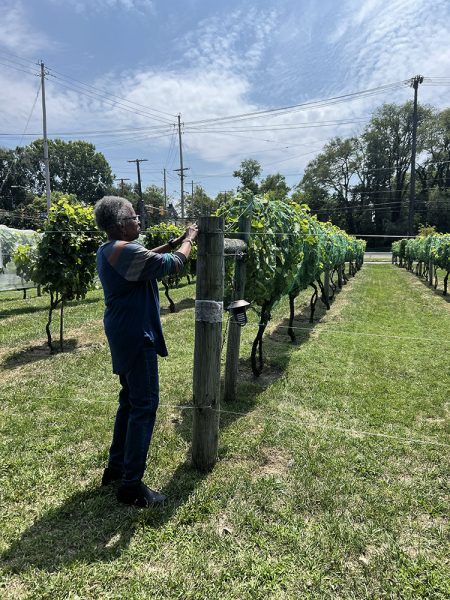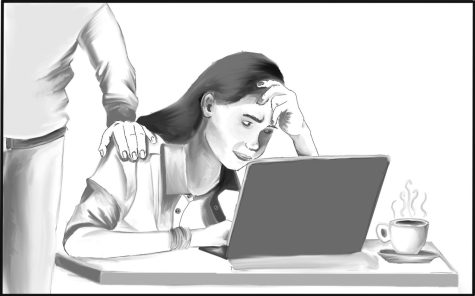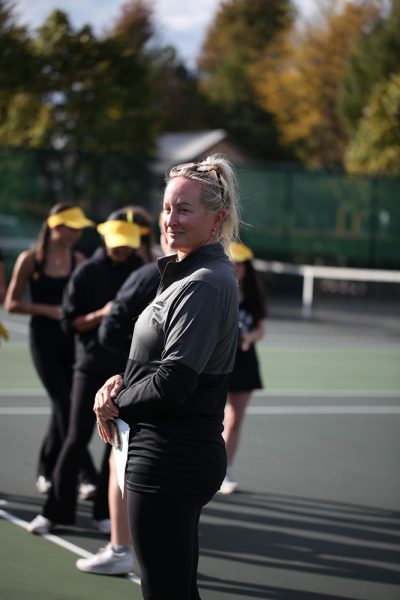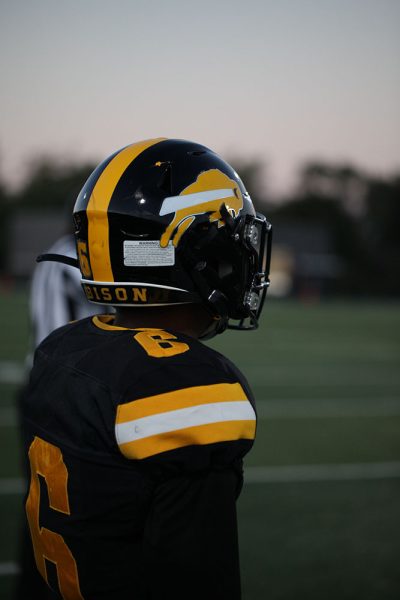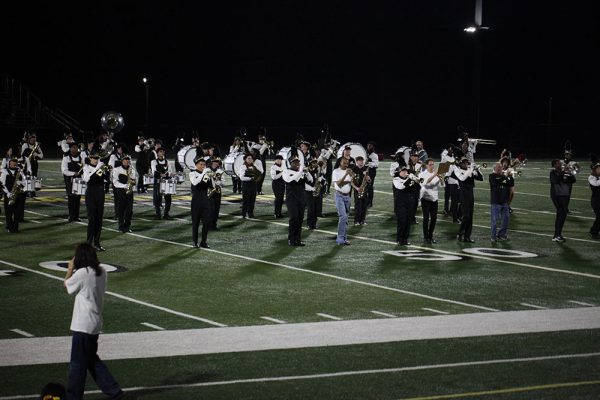What Goes Into a Teacher’s Course Recommendation?

Students will soon be sitting in the guidance office once again picking classes for next year. Many will be faced with the choice of whether to pick a light load or to pile on the Advanced Placement classes. One factor that influences students’ choices is teacher recommendations.
The Beachcomber conducted an anonymous survey of students in honors and AP classes to determine the impact of teacher and counselor recommendations on student participation in AP classes. We asked whether students were recommended, by whom, and we asked students to share their current grade in the class.
Of the responses received from AP US History classes, only one student was not recommended.
“[My goal is] not only to get a good grade, but to get the most out of the class,” wrote the one respondent who wasn’t recommended for the class.
Students at BHS have a myriad of AP classes to choose from. The school added six new AP classes last year, including AP Spanish Literature, AP Computer Science, AP Environmental Science, AP Studio Art 2-D Design, AP English Language and Composition and AP Micro and Macro Economics are now combined to create a full year class.
According to Guidance Counselor Marcia Alperin, 149 students took AP tests last year. This year, she anticipates that about 185 students will take at least one AP test.
According to Principal Ed Klein, about 400 AP tests were distributed last year to Beachwood students. This year, the school is anticipating that 500 AP tests will be distributed.
“I want kids to go and stretch themselves… try something more challenging,” he said.
Most students get recommended for advanced classes by their teachers. Teachers say they put a lot of thought into deciding which classes are recommended.
It’s not just about having an A in the class, but rather the work ethic, explained social studies teacher Pam Ogilvy.
Some students work really hard to earn a B, where some kids barely do any work and still get an A.
“I also find that a lot of kids are more comfortable with an easy A than a difficult B,” Ogilvy said.
Each teacher has a different set of criteria.
Some teachers, like English teacher Peter Harvan, base recommendations on students’ overall grade performance.
According to Harvan, there are several factors that teachers consider when recommending students, such as determining whether the student is mature enough for the commitment of an advanced class. Additionally, Harvan talks to the student about the expectations of the class and the consequences if they do not meet those expectations.
In Todd Butler’s Honors English 2 class, only eight of the 28 students were not recommended for the course.
How important is it for students to follow their teachers’ recommendations?
“We don’t really help until [the students have determined their long term goals],” Alperin said.
This means that guidance counselors may be more likely to push for honors and AP sciences classes if a student says they are interested in science, Alperin explained.
“We help them narrow it down if they need help,” she said.
The intent of this process is to prepare students for college.
“It’s a different process when a student wants to try something [they aren’t recommended for]. We don’t want to discourage them, but we want to help them make the best choice,” Alperin said. “We want students to challenge themselves.”
According to several teachers, the grades of those not recommended for AP and honors classes are lower than those students recommended.
Ogilvy explained teachers focus on students who may not think they have the ability to be in an AP class. She hopes the atmosphere of an AP class inspires those kids.
The majority of the respondents who took the survey were recommended for their classes by teachers.
Ultimately, staff members hope that students will challenge themselves, but also want to make sure they are prepared to meet that challenge.



